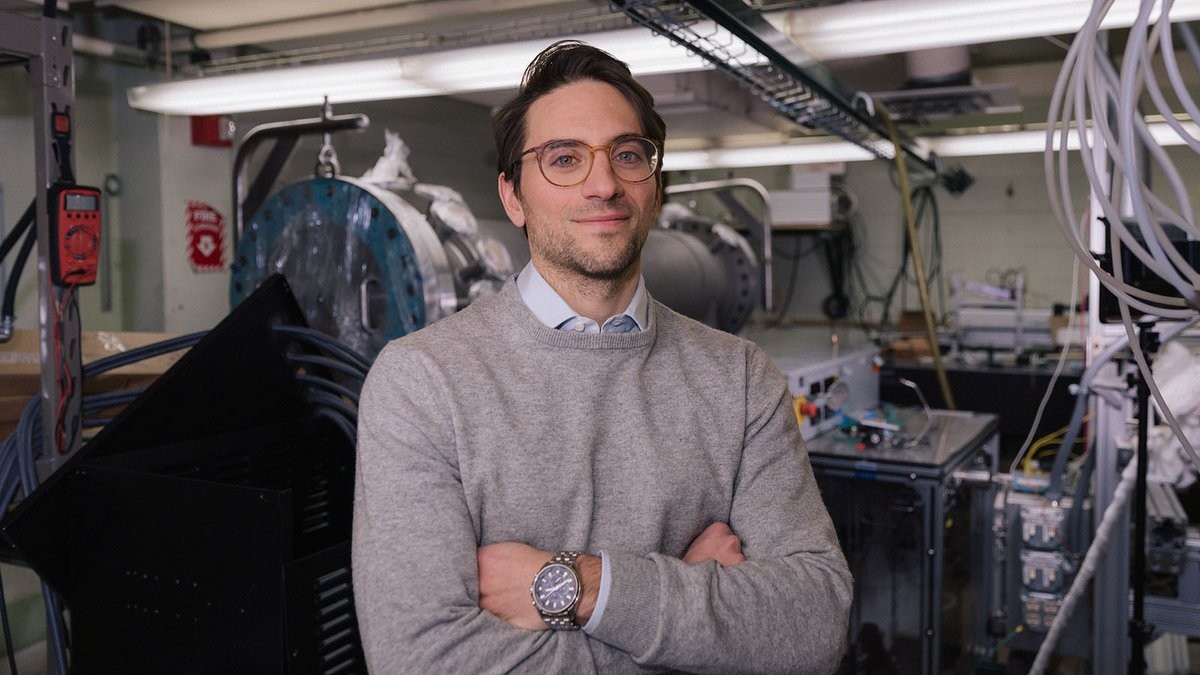Watch Dr. Luca Mastropasqua's October 23 Sustainable Energy Seminar presentation right here. Mastropasqua is an assistant professor of mechanical engineering and the principal investigator of the Hydrogen and Electrochemical Research for Decarbonization (HERD) Lab at UW-Madison.

Abstract
Molecules produced not from fossil fuels, i.e., de-fossilized, like hydrogen, or ammonia enable the direct use of renewable energy sources as primary energy input and their upgrade and use as fuels or energy carriers to achieve the net-zero emission goals for the transportation, industrial, and power generation sectors. Electrochemical systems for synthesis of renewable products from waste or low value feedstocks have a fundamental role to play in low-carbon manufacturing, chemical conversion, and net-zero emission heavy duty freight and transportation. Electrochemical devices perform highly selective reactions to produce high-purity products and can be integrated with existing production processes as well as designed to operate as standalone systems in either a distributed or centralized manufacturing scenario.
Both high temperature (650-850°C) and low temperature (80-120°C) processes can be designed to produce the building blocks needed for synthesis of commodities and synthetic hydrocarbons fuels, i.e., pure hydrogen, syngas (CO, H2, CO2, CH4, and H2O), as well as nitrogen-based products (urea, ammonia). Solid oxide electrolysis operates at temperatures between 650-850°C, and it features the capability of operating in either endothermic, adiabatic, or exothermic mode, as a function of the applied voltage. This unique feature enables SOEC to use thermal power as a complement to electricity for performing steam, CO2, or N2 electroreduction reactions, and synergistically use waste heat from various sources like nuclear, concentrated solar, and many industrial processes.
Once produced, de-fossilized energy carriers can be transported, stored, and utilized in “hard-to-decarbonize” end-use applications, such as in the heavy-duty transportation, carbon-intensive industry (e.g., steel, cement, petrochemicals, fertilizers), or power (centralized, auxiliary backup, and load following plant generation) sectors. In the transportation sector, typical powertrains can be replaced with hydrogen or ammonia-based solutions. In the industrial and manufacturing sectors, a more profound paradigm change is required to reach complete electrification; electrochemical synthesis processes will play a central role in the future of our industrial sectors thanks to their ease of integration with renewable electric sources, their scalability, and selectivity towards specific products. This transition poses questions related to infrastructure costs, system integration, power density, reliability, degradation, lifetime, and ultimately cost compared to conventional systems. Economic analyses show that hydrogen-based infrastructure for decarbonizing the oil and gas, as well as the steel manufacturing sectors can show promising levelized cost of hydrogen, between $2/kg and $3/kg.
Registration
This event is offered both in-person at the Wisconsin Energy Institute and online through Zoom Webinar. If attending online, registration is required. Click here to register for this and all other webinars as part of the Sustainable Energy Seminar series in Fall 2023.
